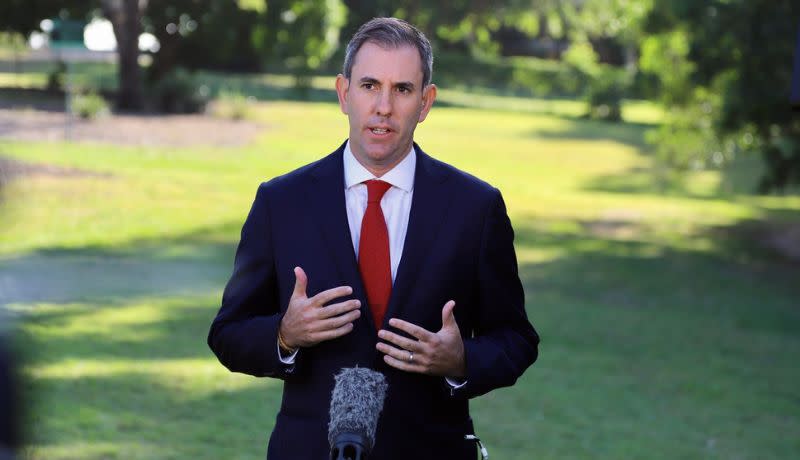
NOMINATIONS CLOSE SEPTEMBER 12 RECOGNISING THE INDIVIDUALS BEHIND THE PROJECTS
NOMINATIONS CLOSING SEPTEMBER 12 URBAN LEADER AWARDS
Resources
Newsletter
Stay up to date and with the latest news, projects, deals and features.
Subscribe
Plans by the federal government to double foreign investment fees have been broadly criticised by industry leaders, who say the move will discourage investment, exacerbate the rental market crisis and hurt economic recovery.
The Property Council of Australia said the government’s decision would “tell offshore investors they are not welcome”.
“The new Albanese government has rightly put a high value on Australia’s external relations in its first months in office, but this move to double foreign investor application fees sends the wrong message to the world,” Property Council chief executive Ken Morrison said.
“We should be welcoming foreign investment with open arms, not sending the opposite message by doubling these fees, which are already much higher than our competitors and apply to far more transactions,” he said.
Federal treasurer Jim Chalmers has announced that from next Friday foreign investors will be hit with an estimated $455 million extra in Foreign Investment Review Board fees over the next four years. But he said offshore buyers remained welcome in Australia.
“We welcome foreign investment in Australia because it plays a crucial role in Australia’s economic success and will continue to be important into the future,” Chalmers said in a statement.
“Foreign investment application fees ensure the cost of administering the foreign investment framework is not borne by Australians, and penalties encourage compliance with our rules.”
However, the Property Council said that while it supported moves to tackle the challenge of housing affordability and supply, increasing costs and deterring investment worked against that goal.
"Australia needs foreign investment to power our economy, including investment in our modern office buildings, industrial parks, shopping centres, tourism facilities, student accommodation and much-needed new housing,” Morrison said.
“It is extremely poor practice to use a processing fee as a tax revenue source to fund other programs, a point the Productivity Commission has been critical of in the past, and which we made to the now government during the election campaign when this was announced without consultation.

The Real Estate Institute of Queensland said doubling fees and financial penalties would exacerbate the market crisis and discourage vital investment that drives the economy.
“We’re seeing these incredibly tight vacancy rates in all corners of Queensland, it’s highlighting the importance of ensuring that we keep levels of property investment up so that we can maintain roofs over the heads of Queenslanders,” REIQ chief executive Antonia Mercorella said.
Mercorella said 40 per cent of all new investment dwellings in Queensland in 2019-20 were bought by foreign investors.
“At a time when we clearly need to be encouraging construction of new housing and apartments to address the critical housing supply shortage, it’s disappointing to see reforms that deter this,” she said.
AMP head of investment strategy Shane Oliver said he did not think the decision would have much impact.
“I don't think foreign investors are to blame for the poor affordability in Australian housing,” Oliver said.
“Historically, the number of housing applications that have to go through the foreign investment vehicle is pretty low.
“So it's hard to say buying by foreign investors has been a big factor behind the poor affordability. And in fact, in recent times, foreign buying has been very low because the borders have been closed, and yet we have had a 30 per cent surge in house prices.”
CoreLogic’s head of Australian residential research Eliza Owen agreed the move was unlikely to have a big impact on the property market.
“Application fees for foreign investment acquisitions don't tend to be that high for residential property, particularly residential real estate, particularly if it is valued under a million dollars,” Owen said.
“So even if you double the fees, they still don't represent a substantial amount of the property value and may not act as that much of a deterrent for foreign investment, remembering that foreign investment is generally channelled towards new property.”
She said it was more likely construction costs and constraints in the sector would act as a deterrent for foreign investors.
Owen agreed foreign interest in the Australian property market is not as high as many think.
“The NAB residential property survey suggests foreign buyers only make up about 6 per cent of investment in new properties at the moment,” Owen said.
“And in the established market they only comprise about 2.5 per cent of acquisitions, down from an average of 5 per cent, long term.”